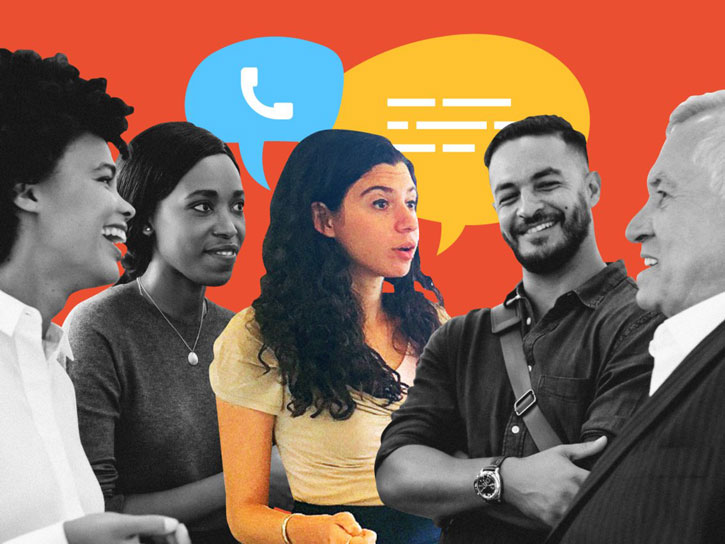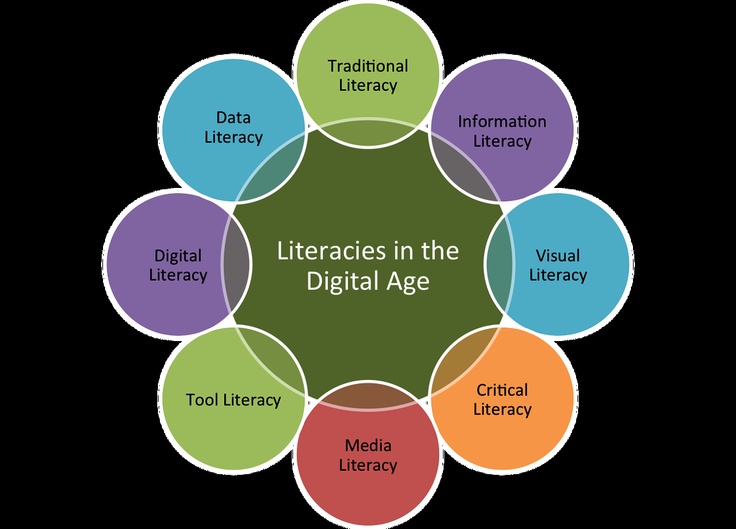by Shana Lebowitz
- Will networking help you build a successful career? I’ve never been sure.
- Mostly, traditional networking seems to me like it takes a lot of time and effort.
- Some experts say building connections is a practical strategy, in case you ever lose your job.
- Other experts say you’re better off working and developing concrete skills than schmoozing.
A few weeks ago, one of my coworkers at Business Insider created a Slack channel called #lunch-buddy. Anyone who joined the channel would be randomly paired with another BI employee; the two would then meet for lunch, or coffee, or maybe just a walk, and get to know each other.
This initiative seemed to me a brilliant idea. Generally speaking, my coworkers are lovely people, but I know only a sliver personally. And when it comes to employees in other departments — say, product or finance — I’m curious to know what they do all day because, as it stands, I have no clue. (I imagine the feeling is mutual.)
I typed “#lunch-buddy” into the Slack search bar. And then I closed out of it. It was a Monday morning and, already, I was behind on work. I imagined that, by the time my buddy and I arranged to meet up, I’d be even farther behind. Inevitably, I’d wind up nibbling nervously on a sandwich while sneaking glances at my phone to make sure no one was Slacking me. This buddy business was not going to work out, at least not for me.
I should mention that, when the email about the lunch-buddy program went out, I was in the middle of reporting a story about networking. My specific goal was to figure out whether networking was good for your career, as so many influencers would have it, or bad. Good because you meet interesting new people who can introduce you to interesting new job opportunities, clients, and projects. Bad because you spend so much time schmoozing that you forget to, you know, work.
I wasn’t sure where I stood on the subject. As the lunch-buddy incident had made clear, I theoretically supported networking, but wasn’t very adept at practicing it. On LinkedIn, I posed the question to my connections. Unsurprisingly for a networking website, several people who commented said their relationships had always benefited them in their career.
And maybe they’d benefited mine, too. A few years ago, I was looking for a new job and mentioned as much to an old coworker (who’d become a friend) when we got together for drinks. Days later, she emailed me a Business Insider job posting that I’d missed in my search and, well, the rest is history.
Does that count as networking? I’m not sure. I like to think it’s better defined as being a human being with human friends who are willing to help you out.
Do you find these posts helpful and informative? Please CLICK HERE to help keep us going!



